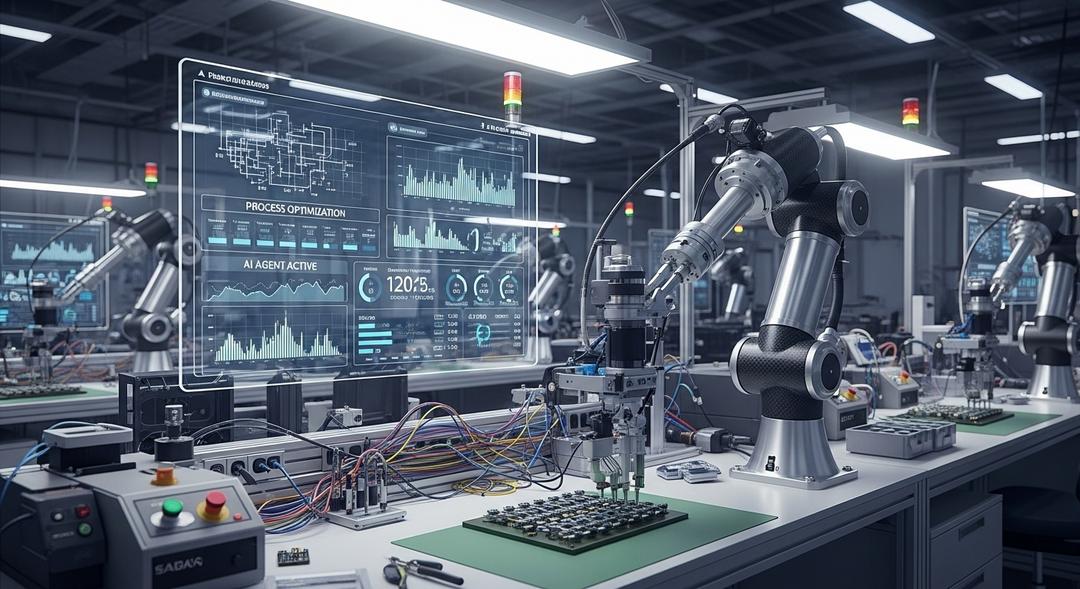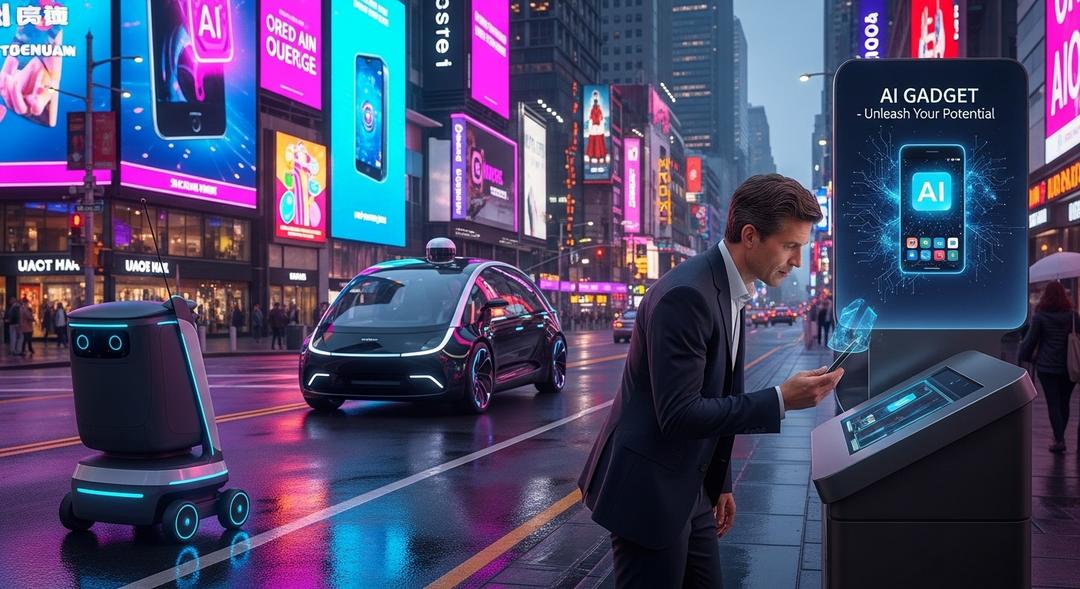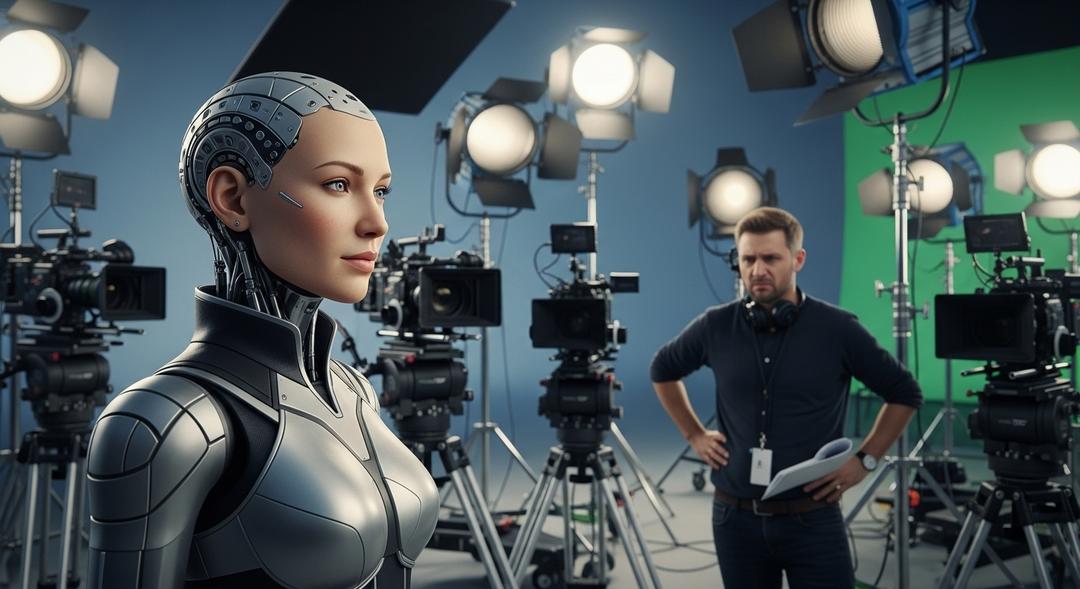Microsoft has announced plans to integrate Google’s Agent2Agent protocol into its leading AI development platforms, Azure AI Foundry and Copilot Studio. This move signals a new level of collaboration in the AI sector, as it will allow Microsoft-built AI agents to interact directly with counterparts built with different tools or hosted on other platforms.
Company leaders believe that embracing Agent2Agent, also known as A2A, is crucial for the evolution of software that works transparently across various apps and cloud environments. They emphasized the importance of AI agents operating alongside one another to handle tasks that span multiple domains and ecosystems.
Greater Collaboration for AI Development
By joining the A2A working group on GitHub, Microsoft aims to actively contribute to the direction and development of the protocol as well as its supporting tools. The A2A specification, launched by Google in April, offers a standard way for AI agents to coordinate, share goals, and securely invoke actions across services.
Once support is fully rolled out, developers using Microsoft’s platforms will have the ability to leverage external agents for complex processes, such as coordinating schedules or drafting communications. The company explained that this approach enables businesses to maintain oversight and performance agreements even as automated workflows become more sophisticated.
The adoption of broader agent cooperation comes amid growing industry enthusiasm for AI agent technologies. According to a recent survey from KPMG, nearly two-thirds of businesses are currently experimenting with AI agents, with sector forecasts predicting growth from $7.84 billion in 2025 to over $52 billion by 2030.
Microsoft’s support for industry-wide standards is not new, as it recently added compatibility for Anthropic’s MCP protocol in Copilot Studio. This pattern of embracing open standards reflects a desire to align with the broader AI landscape and ensure seamless interoperability between cutting-edge systems.








